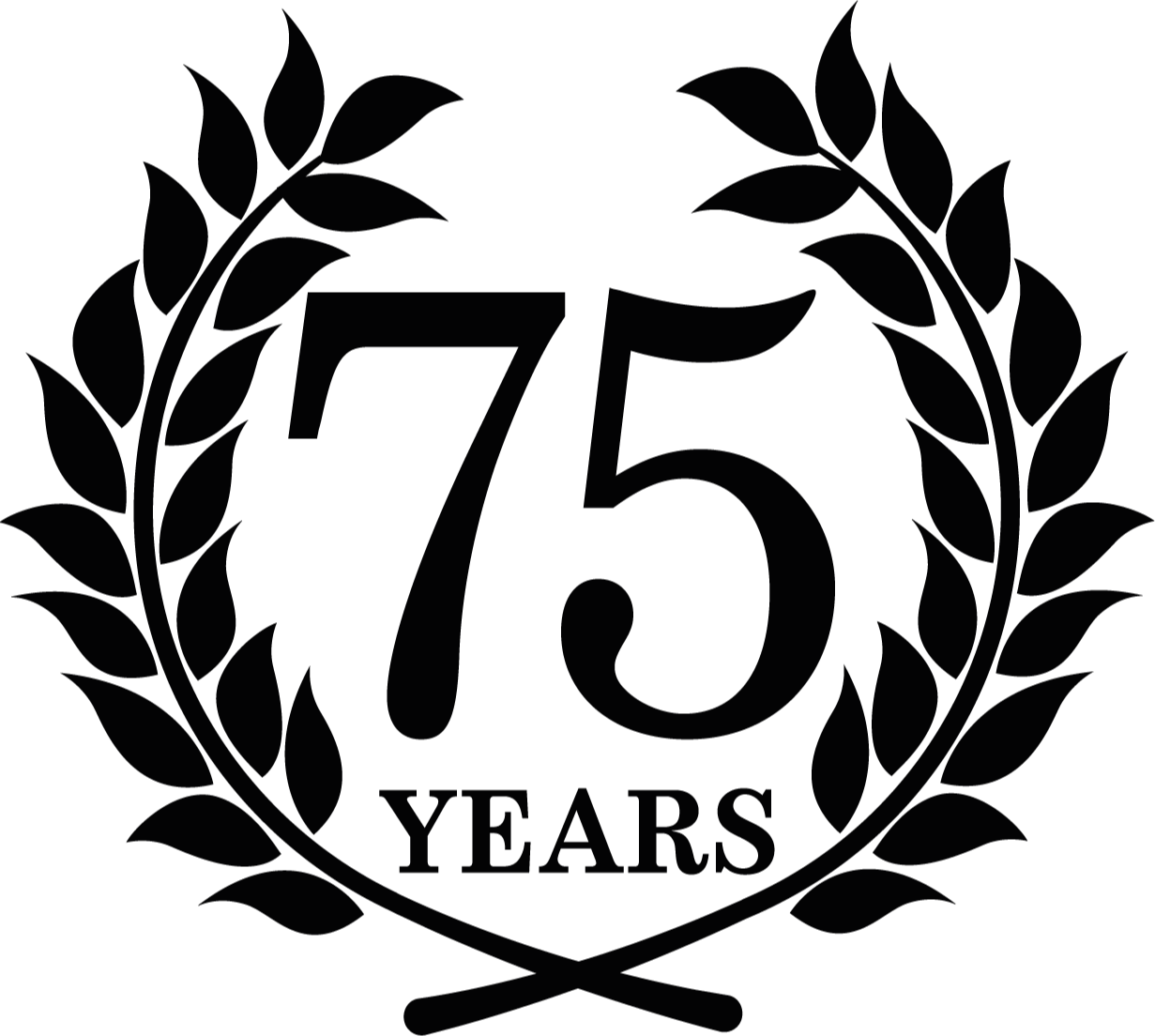Core and specialist content to be delivered across both years
Core Themes:
- Sustainability, including environmental legislation, sustainable development, climate change and waste management principles
- The principles of biosecurity
- Employment rights and responsibilities and progression opportunities within the sector
ethical principles - The supply chain and principles of stock management
- Business organisations, enterprise skills and project management
- Characteristics protected by equality legislation
- Communication
- Principles of customer care
- Finance
- Health and safety
- Information and data
Employer Set Project:
The employer-set project ensures students have the opportunity to combine core knowledge and skills to develop a substantial piece of work in response to an employer set brief. The employer-set project forms part of the Technical Qualification and is a separate part of the T Level programme to the Industry Placement.











